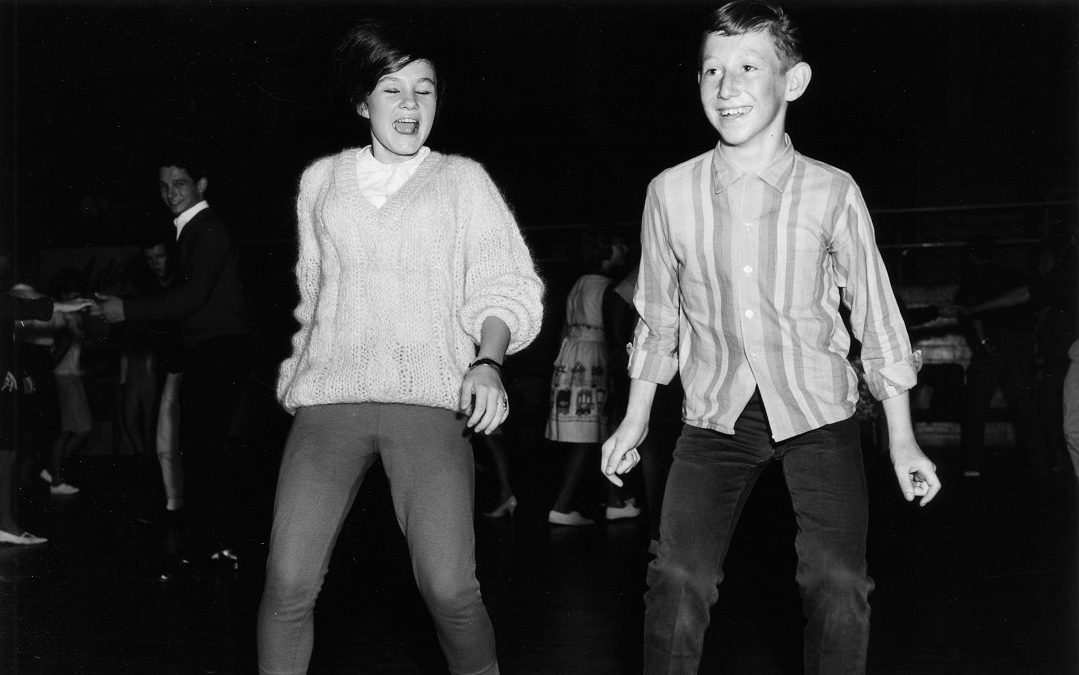To celebrate Mount Pleasant Neighbourhood House, we’re sharing stories from our program participants, staff, and volunteers about what makes our House so special.
Here, longtime board member George Jolly explains why being a social worker in Mount Pleasant in the 1960s was so unique.
Listen here or read below:
We were coming out of the 1950s, which were very straitlaced. But then you get to the 1960s and it just kinda went kaboom! Ah free love, free this, free that, drugs, sex, rock ‘n’ roll. It was experimental.
At the same time, there were experiments in psychology and psychiatry. As a social worker in the 1950s, the accepted therapy was behavioral therapy. But in the 1960s, people were looking at probably a more humanitarian approach, compared to a behavioral approach. People asked themselves: Was there a different way of helping people deal with stuff?
So you had all this happening, and I was going to school with all that new stuff coming out. We had so many good things going on back in the 1960s, even at 535 East Broadway. Everybody was so innovative back then.
We had this energy of imagination, of experimentation—and that’s what we used here at the Neighbourhood House.
I think that’s what made Mount Pleasant such an incredible place to be. The experimentation and imagination that people brought to it, because those were the times, here in North America. There was so much stuff going on. I started at the Children’s Foundation, then I went to the Maples, which just opened everything up—oh boy, what a ride!
What I learned over the years, trying to be a good social worker, is that I personally feel you can’t help other people until you help yourself. If you don’t know yourself, you can’t give to people, because you can’t help anybody.
All you can do is give people the tools to be able to help themselves. Those tools come from learning about who you are, what makes you cry, what makes you laugh, how your family shaped you, how you are shaping your family, and all that stuff thrown in. That’s what makes a good social worker.
Do you have a story about what your Neighbourhood House means to you? Share it on Facebook, Twitter, or Instagram using the hashtag #myNHstory!

